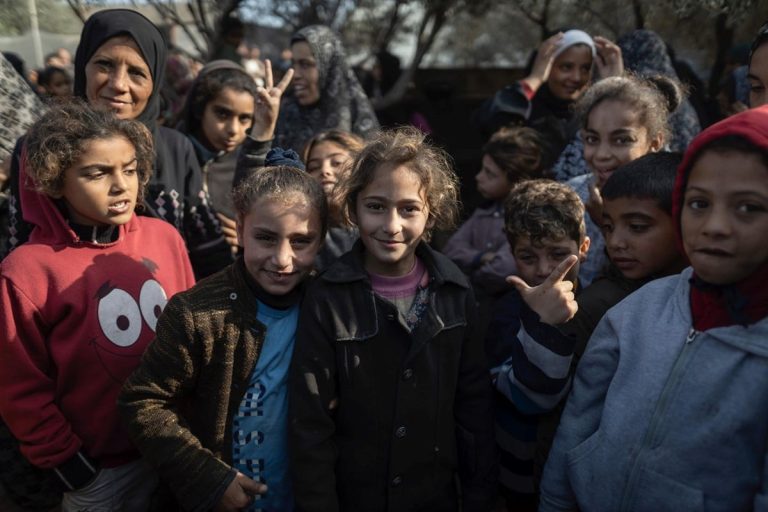The World Health Organization (WHO) welcomes the ceasefire agreement and release of hostages and prisoners in Gaza, which brings hope to millions of people whose lives have been ravaged by the conflict.
The health challenges ahead are immense. The entire population of Gaza has faced multiple displacements. More than 46,600 people were killed and more than 110,000 were injured. The real numbers are probably much higher. Only half of Gaza’s 36 hospitals remain partially operational, almost all hospitals are damaged or partially destroyed and only 38% of primary health care centers are functional. An estimated 25% of those injured, or approximately 30,000 people, suffer life-changing injuries and will need ongoing rehabilitation. Specialized health care is largely unavailable and medical evacuations abroad are extremely slow. The transmission of infectious diseases has increased significantly, malnutrition is increasing and the risk of famine persists. The breakdown of public order, exacerbated by armed gangs, is raising new concerns.
Meeting the massive needs and restoring the health system will be an extremely complex and arduous task, given the scale of destruction, operational complexity and constraints involved. Billions of investments are needed to support the recovery of the health system, which will require the unwavering commitment of donors and the international community.
WHO stands ready to scale up the response with UN health partners, including UNFPA, UNICEF, UNRWA and 67 health cluster partners. However, it is essential that security obstacles hampering operations are removed. WHO will need conditions on the ground allowing systematic access to the population across Gaza, allowing the influx of aid via all possible borders and routes, and lifting restrictions on the entry of essential items. It is also essential to actively protect civilians and health workers, by accelerating medical evacuations through all possible routes for more than 12,000 patients (and their companions) who urgently need specialized care, and by strengthening and by accelerating the referral system towards East Jerusalem and the West Bank. , and tackle road repairs, rubble removal and the restoration of unexploded ordnance.
WHO and its partners will need a massive increase in funding to meet immediate health needs and to begin to restore the health system, including staff, supply chain and infrastructure.
WHO and partners will implement a 60-day plan to support the urgent restoration and expansion of the health system. Focus will be on key priority areas of intervention, including trauma and emergency care, comprehensive primary health care, children’s health, non-communicable diseases (NCDs), sexual health and rights and reproductive health (SRHR), rehabilitation, mental health and psychosocial support (MHPSS).
Given the immense needs, WHO is scaling up operations and mobilizing essential supplies and resources for delivery to Gaza. A priority will be the assessment and rehabilitation of partially damaged health facilities in areas most in need. Work is underway to urgently increase bed capacity in some hospitals in northern and southern Gaza, as well as to expand operational capacities, support the recruitment and redistribution of national health workers and increase the deployment of international health workers to fill the gaps. Plans are underway to integrate prefabricated clinics and hospitals with existing health facilities to improve service delivery in underserved and newly accessible areas.
Efforts are also underway to strengthen intensive care referral processes in Gaza and facilitate cross-border medical evacuations. Given the high level of malnutrition and disease outbreaks, WHO is working with partners to expand infant and young child feeding programs, scale up immunization efforts, and strengthen disease surveillance systems for prevention, timely notification and management of outbreaks.
WHO calls on all parties to respect their commitment to fully implement the ceasefire agreement and to continue working towards a political solution to resolve the protracted crisis in the occupied Palestinian territory, essential to lasting peace.


